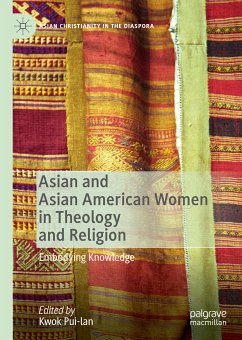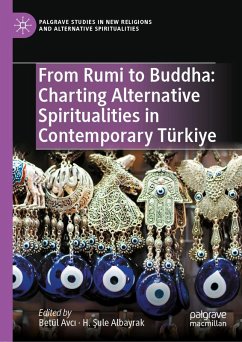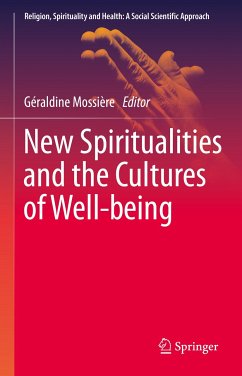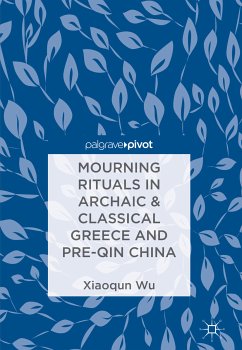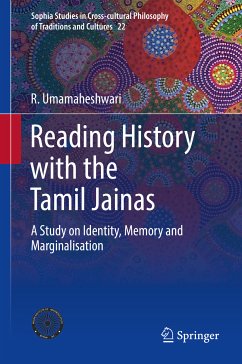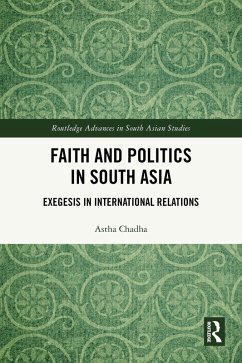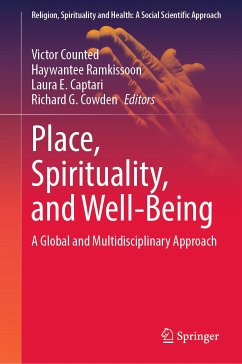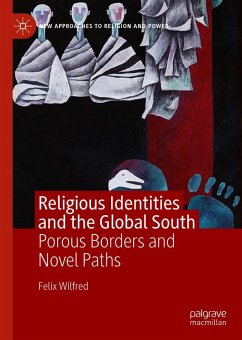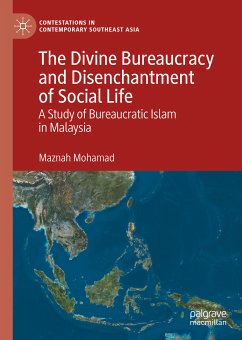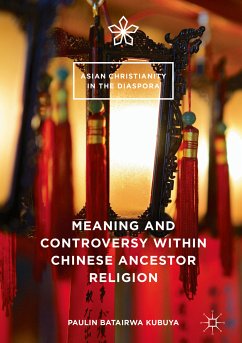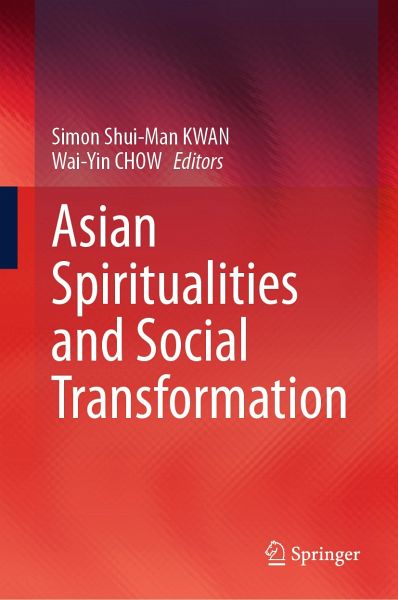
Asian Spiritualities and Social Transformation (eBook, PDF)
Versandkostenfrei!
Sofort per Download lieferbar
112,95 €
inkl. MwSt.
Weitere Ausgaben:

PAYBACK Punkte
56 °P sammeln!
This book offers a cross-cultural and inter-religious understanding of the ways social transformation in Asia is related to Asian spiritualities. Bringing together scholars and practitioners from different cultures and fields of study, it collates cutting-edge research and applies it to the role of Asian spiritualities in social transformation. Spirituality has garnered increasing attention in recent years across diverse fields of research and practice, from psychology and healthcare, to anthropology, education, sociology, political sciences, social work, feminist studies, cultural studies, re...
This book offers a cross-cultural and inter-religious understanding of the ways social transformation in Asia is related to Asian spiritualities. Bringing together scholars and practitioners from different cultures and fields of study, it collates cutting-edge research and applies it to the role of Asian spiritualities in social transformation. Spirituality has garnered increasing attention in recent years across diverse fields of research and practice, from psychology and healthcare, to anthropology, education, sociology, political sciences, social work, feminist studies, cultural studies, religious studies, theology, philosophy, and so on. However, the term means different things within these different disciplines. Spirituality can be understood to be private and personal, but also public and societal, not only as a force that brings about change but also one that helps maintain the status quo - not only as a core element in religion but also as something disconnected from it. This book poses that to gain a firm grasp of spirituality, one needs to traverse these different terrains. Disbarring the orientalist understanding of spirituality that is often found embedded in stereotypes of the East as mystical, esoteric, and spiritual, in contrast to the West as scientific and rational, this book deconstructs this binarism to enable a sophisticated understanding of the diversity within Eastern and Western spiritualities. It presents "Asian spirituality" as a misnomer, focusing on the plurality of spiritualties and the region's multifaceted religiosity, and it also excavates interfaith terrains. It is of interest to social scientists, theologians and religious scholars, and students and researchers interested in Asian spiritualties and social movements
Dieser Download kann aus rechtlichen Gründen nur mit Rechnungsadresse in A, B, BG, CY, CZ, D, DK, EW, E, FIN, F, GR, HR, H, IRL, I, LT, L, LR, M, NL, PL, P, R, S, SLO, SK ausgeliefert werden.



